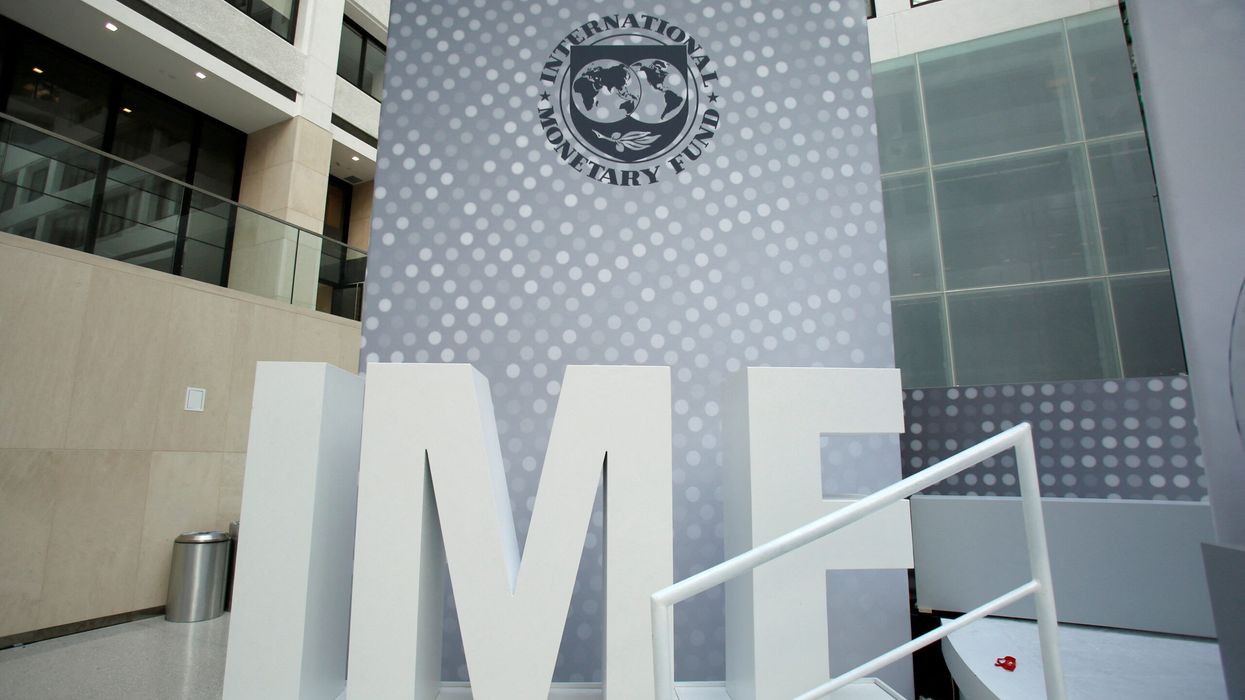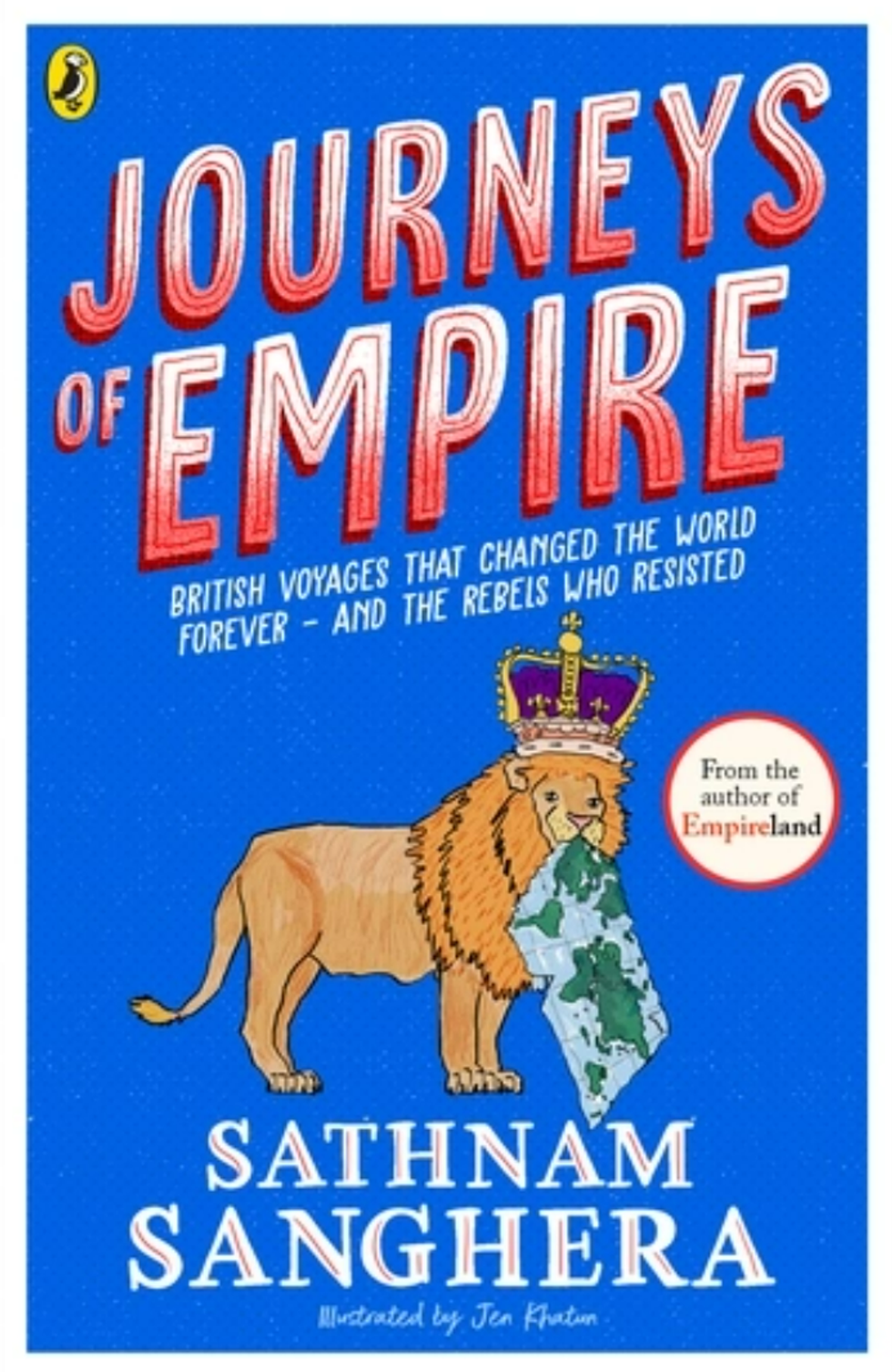The disbursement of $1.1 billion (£880 million) by the International Monetary Fund (IMF) will help Pakistan achieve greater economic stability, Prime Minister Shehbaz Sharif said on Tuesday, amid discussions for a new loan programme.
The funding was the second and final tranche of Pakistan's $3bn (£2.39bn) standby arrangement with the IMF which it secured last summer to help avert a sovereign default.
"The disbursement will bring more economic stability in Pakistan," Sharif said in a statement from his office, adding that the standby arrangement was important in saving the South Asian nation from defaulting on its external liabilities.
The IMF's executive board approved the final tranche on Monday after completing the review of Pakistan's economic reform programme.
The approval came a day after Sharif discussed a new loan programme with IMF Managing Director Kristalina Georgieva on the sidelines of the World Economic Forum in Riyadh.
"Given the significant challenges ahead, Pakistan should capitalise on this hard-won stability, persevering - beyond the current arrangement - with sound macroeconomic policies and structural reforms," said IMF's Deputy Managing Director Antoinette Sayeh.
Islamabad is seeking a new, larger long-term Extended Fund Facility (EFF) agreement with the IMF.
An IMF team is expected to visit Pakistan in May to initiate talks for EFF.
Pakistan's Finance Minister Muhammad Aurangzeb has said Islamabad could secure a staff-level agreement on the new programme by early July. If secured, it would be the country's 24th IMF bailout.
Islamabad says it is seeking a loan over at least three years to help achieve macroeconomic stability and execute long-overdue and painful structural reforms.
Aurangzeb has declined to give details on the amount the country is seeking.
Islamabad is yet to make a formal request, but the Fund and the government are already in discussions.
If secured, it would be Pakistan's 24th IMF bailout.
The $350bn (£279bn) economy faces a chronic balance of payments crisis, with nearly $24bn (£19.14bn) to repay in debt and interest over the next fiscal year - three-time more than its central bank's foreign currency reserves. (Agencies)






 And , the cover of his book
And , the cover of his book






